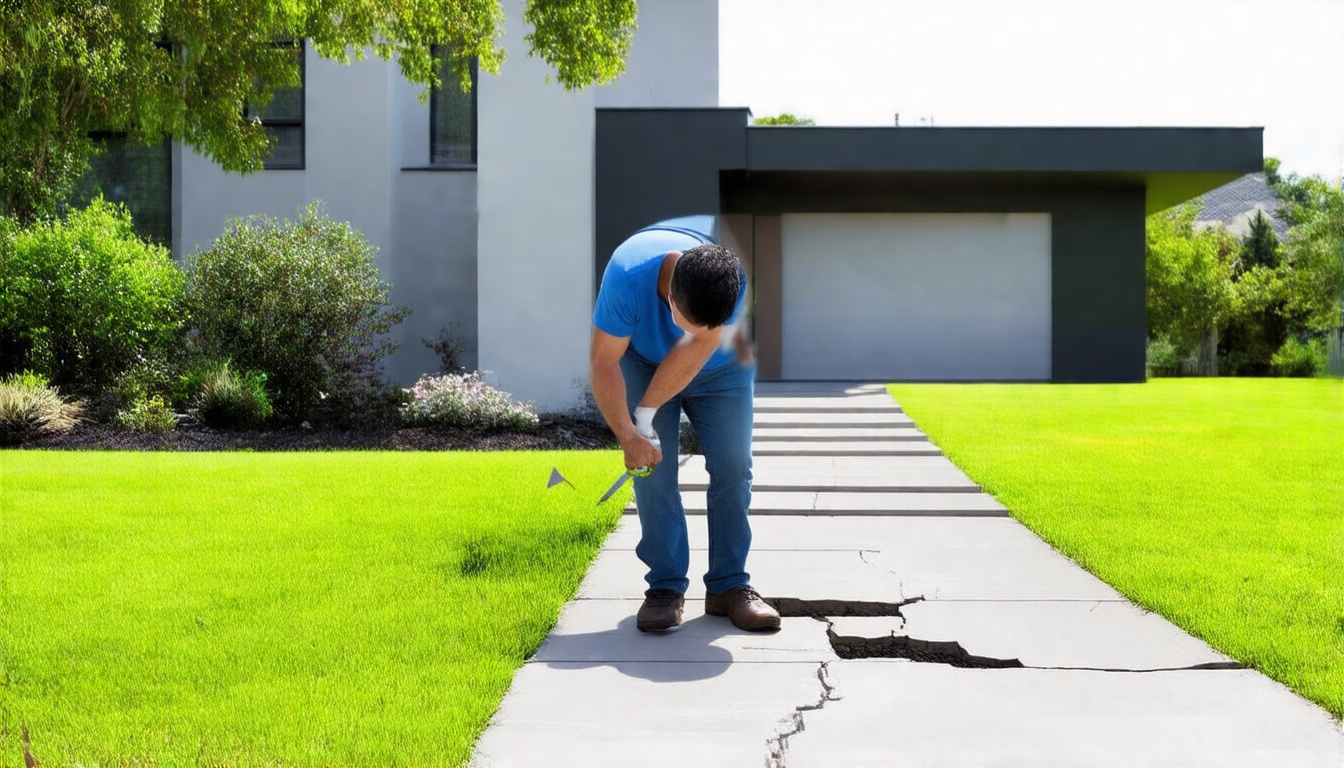Understanding premises liability matters. It matters to every property owner. You own a home or run a commercial building. Premises liability means you must take responsibility. Responsibility covers injuries and damages on your property. These problems come from unsafe conditions. This article explains the basics. It shows how the rule applies. It tells you how to reduce risks.
What Is Premises Liability?
Premises liability is a legal rule. It holds owners responsible when someone gets hurt. The injury comes from neglect in keeping the place safe. Neglect might link to wet floors, broken stairs, poor lighting, or loose doorways. The rule makes owners keep a safe space. Owners must care for visitors, tenants, or any lawful guest.
A duty of care binds owners. It means you must act to stop accidents. You must also warn of dangers. If you do not, you face legal claims. Claims might force you into lawsuits or high settlements.
Who Can Be Held Responsible Under Premises Liability?
Responsibility ties to the owner or the person in control. This can include:
- Homeowners
- Landlords and property managers
- Business owners and retailers
- Government agencies that manage public property
The duty can also bind those who must keep the property safe for guests.
Types of Premises Liability Claims
Premises liability claims arise from many events. Each event links an injury to the property. Common types include:
- Slip and Fall Accidents:
Slippery floors, uneven pavement, or debris can cause slips. Injuries then link to these hazards. - Inadequate Security:
Failing to install proper safety measures can allow criminal activity. In turn, assaults or theft might cause injury. - Dog Bites:
When pet owners do not restrain their animals, injuries can follow. - Swimming Pool Accidents:
Unfenced or mismanaged pools can lead to drowning or other injuries. - Falling Objects:
Objects from trees or structures may fall. Falling objects can harm guests.
Legal Elements Required to Prove Premises Liability
To win a case, an injured party must show key points. These points link cause to effect:
- Duty of Care:
The owner must owe care to the injured person. - Breach of Duty:
The owner must have failed in that care. - Causation:
The breach must tie directly to the injury. - Damages:
The injury must cause losses such as medical bills, lost wages, or pain.
These elements help owners spot risk points and act to improve safety.
How Property Owners Can Protect Themselves
Prevention stands first. Use these steps to lower risk:
- Regular Inspections:
Check often for hazards like loose handrails, broken steps, or spills. - Clear Signage:
Place signs that show hazards such as wet floors or no-go areas. - Adequate Lighting:
Light up entrances, paths, and parking lots. Good light stops accidents and crime. - Maintain Security:
Use cameras and alarms where needed to cut down on criminal risk. - Prompt Repairs:
Fix issues fast to limit danger time.
These steps help you reduce accidents and lower liability.
Insurance and Premises Liability
Insurance links to your safety net. General liability policies may cover premises liability. They help pay legal fees, medical expenses, and settlements. It is smart to review your policy and check your coverage.
Premises Liability and Different Visitor Classifications
Visitor type connects to the owner’s duty of care:
- Invitees:
Guests such as customers or clients. You owe the highest care to these visitors. - Licensees:
Social guests who come by choice. You must warn them of known dangers. - Trespassers:
People who enter without permission. You owe these people the least care.
The duty you have links to each visitor type.
Steps to Take If You Are Injured on Someone Else’s Property
If an injury occurs, act fast:
- Seek Medical Attention:
Your health comes first. - Report the Incident:
Tell the property owner or manager right away. - Collect Evidence:
Snap photos of the hazard and your injury. Gather witness names and contact details. - Keep Records:
Save bills, reports, and repair documents. - Consult a Premises Liability Attorney:
A lawyer helps you see your rights and options.
FAQ About Premises Liability
Q1: What is the difference between premises liability and general negligence?
Premises liability links a property hazard to an injury. General negligence covers a wider range of careless acts.
Q2: Can landlords be held liable for tenant injuries from unsafe conditions?
Yes. Landlords must fix dangerous issues. Failing to do so may make them liable.
Q3: How soon must a premises liability claim be filed?
Time limits depend on state law. Usually, you have one to three years from the injury date.
Expert Insight on Premises Liability
The American Bar Association tells us that property owners must keep a safe environment. If they fail, legal and financial hits may follow. Taking a proactive stance helps both you and your community.
Conclusion: Prioritize Safety to Minimize Your Premises Liability Risks
Premises liability is vital for every owner. It links your duty to safe practices. By inspecting regularly, making prompt repairs, using clear signs, and adding proper security, you reduce risks. Good insurance converts risk into a safety net.
Own or manage property? Do not wait for a mishap. Act now to improve safety. For tailored advice, talk to a premises liability attorney. Taking these steps helps secure peace of mind for you and your visitors.

Author: Doyle Weaver, Attorney at Law
Home | Estate Planning | Personal Injury | Hill Country Lawyer | Terms of Service | Privacy Policy
© 2025 Digital Law Firm, P.C.
Disclaimer: The content provided in this blog is for educational and informational purposes only. It is not intended to constitute legal advice or establish an attorney-client relationship. The information presented does not address individual circumstances and should not be relied upon as a substitute for professional legal counsel. Always consult a qualified attorney for advice regarding your specific legal situation. The author and publisher are not liable for any actions taken based on the content of this blog.

Leave a Reply